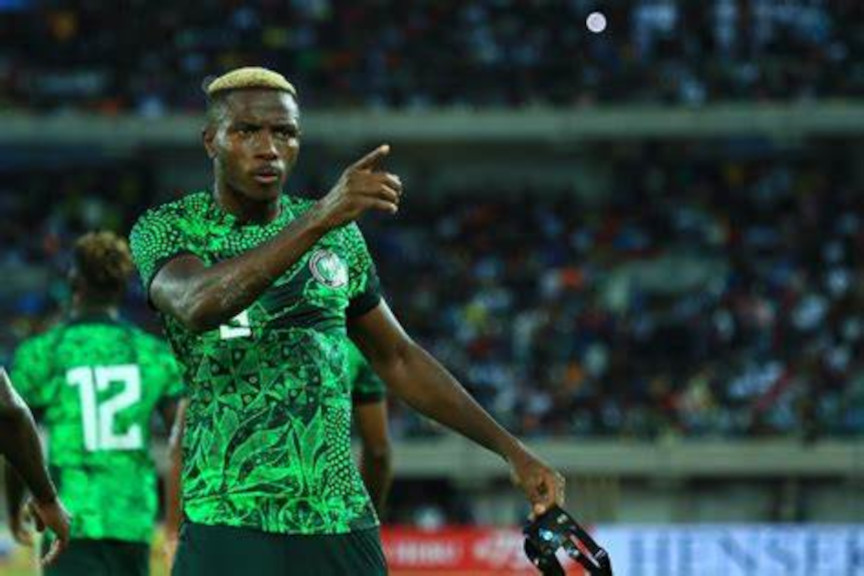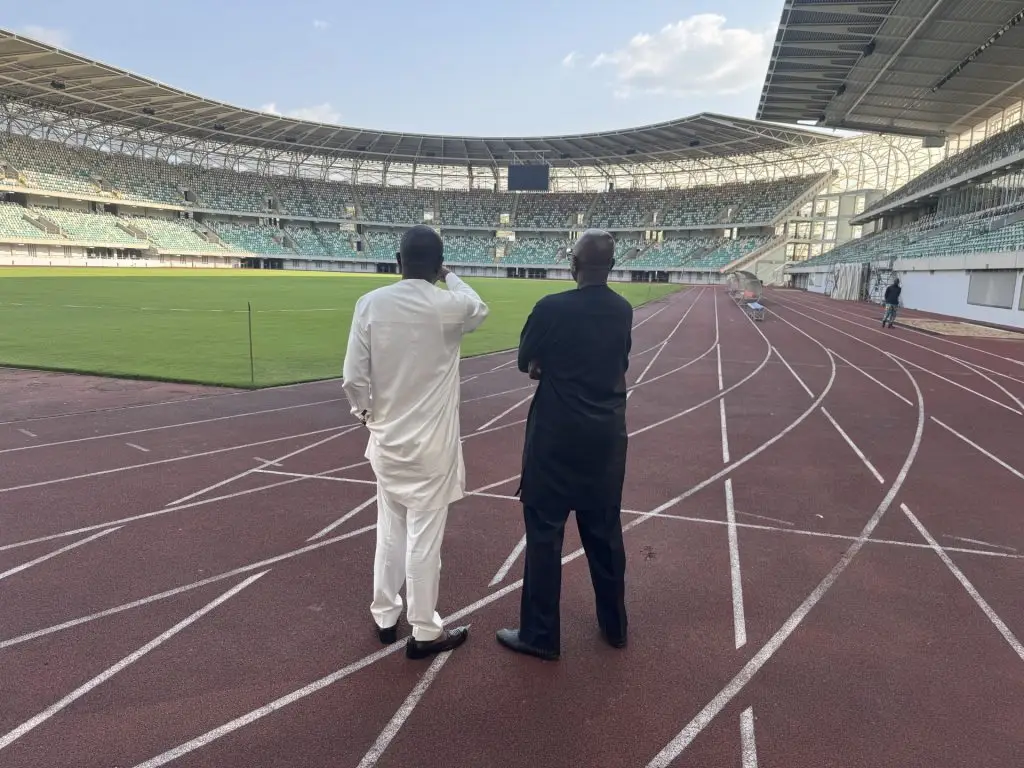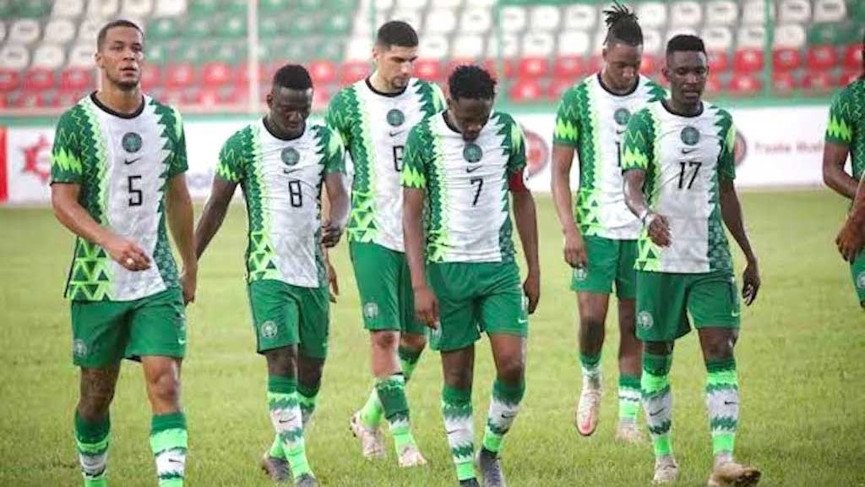Two weeks ago, President Bola Ahmed Tinubu announced the ‘death’ of the Ministry of Sports and immediately announced the rebirth of the National Sports Commission, NSC. With that single move, he did what no President in almost 20 years before him had considered important enough to be done in response to the prescription by respected stakeholders in sports as a panacea for sports development in the country.
Okay, that’s not completely true. For about 18 of those years discussions, committees, panels and even public hearings were held at different times, a bill was passed by the National Assembly, and presented to the last government. Signing it into law was one of the last acts of former President Muhammadu Buhari.
Why it took the BAT government over one year to breathe life into the law, I do not know. By this action now, this rebirth assumes a completely new dimension – it has established a permanent body enabled and empowered by law. This new NSC is for real.
There have been at least 5 NSC regimes between 1972 and the present, each with a slight variation in structure from the original version that is romanticized till now as a model of success good enough to be revived.
That original version of the NSC was a parastatal of the Ministry of Sports.
Although a creation of the Military government in power, it survived several upheavals in government, its powers whittled down with every successive change in government.
Slowly and steadily the NSC became a pawn in the political game of musical chairs that went on in Nigerian Sports. The variations that followed since then were: a commission without the Ministry; a commission with a Sole Administrator but without a ministry; a combination of the Commission and the Ministry under a Chief Executive/Minister; a Commission with a ministry, a board and an Executive Secretary; a Commission without a board but with a Chairman that doubles as Minister.
All of these could happen because there was no enabling law establishing it and giving it direction.
So, the concept of a commission became so muddled up that no one is sure any more what model is authentic and in sports’ best interest, with most of the original visionaries either dead or out of the sports space.
Several State governments embraced the initiative and created State Sports Commissions. The difference that made to their sports development was neither here nor there, definitely not convincing enough in their successful domestication and application to fit individual States agenda and deliver the dividends.
So, we are excited and at the same time apprehensive, waiting and watching developments at the new National Sports Commission out in Abuja.
The only thing that appears to have changed so far, looking from a distance, is the face of the man at the helm of affairs. That matters of course.
Mallam Shehu Dikko is on the saddle. He comes with mixed credentials – intelligence, deep knowledge of the politics of Nigerian sports, great ideas, eloquence, and the experience of having worked on the papers that produced the NSC law. At the same time, he carries a little of the baggage of association with football administration at different levels riddled with some controversy and absence of major achievements.
Without doubt, however, this appointment presents him with a unique opportunity to write his name in gold and on the sands of time. He must set aside things of the past that could distract him and commit to working with genuine stakeholders.
I wish him the very best and pray for his success.









Latest Comments